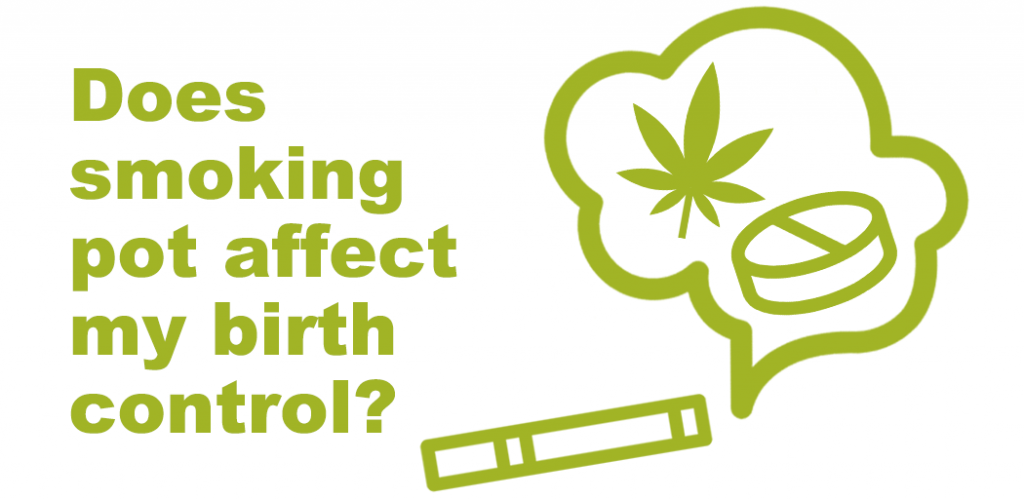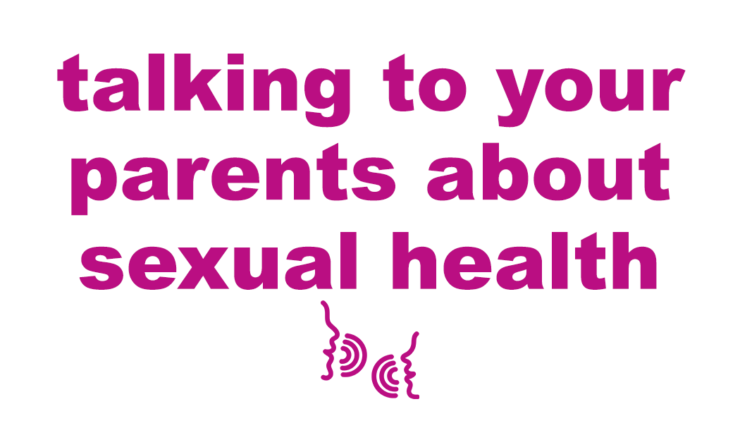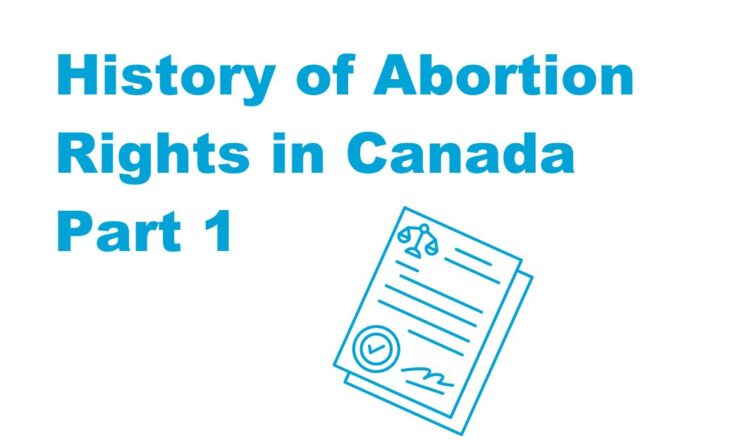

| NOTE |
| It’s important to be clear that so far (as of September 2020) there hasn’t been enough research on cannabis and birth control to come up with any solid conclusion on how they interact. Most of the info you can find online right now is from really early studies or on theoretical works. This doesn’t mean that there’s no interaction between birth control and cannabis, but just that there’s not a clear answer on if smoking pot for sure makes birth control less effective. |
So with that being said, let’s go over the data that is out there:
Right now when research is exploring the effects from cannabis, it’s mainly talking about two things: THC and CBD.
THC (tetrahydrocannabinol) is the thing in cannabis that is responsible for its intoxicating, psychoactive effects. This is what makes people high.
On the chemistry side, there’s a theory that THC may interrupt signaling between estrogen receptors in your body. This could potentially affect how your body absorbs and responds to estrogen in birth control, possibly making it less effective.
THC can also have side effects on your general health, not just your reproductive health. THC can cause an increased heart rate, which could potentially increase your risk of blood clots. Being on birth control can also increase your risk of blood clots, as can a family history of blood clots, smoking, or being over 35 years old. If you are at a higher risk for getting blood clots because of factors like age or family history, your clinician may recommend that you avoid smoking or consuming THC.
CBD (cannabidiol) is the part of cannabis that is responsible for creating feelings of relaxation and calm. It has little to no intoxicating effect.
When CBD is absorbed into the body, it can sometimes monopolize certain metabolic enzymes. For example, when your liver enzymes are flooded with CBD, they become monopolized by it and your liver can’t process any other compounds until the CBD is gone. In theory this could impact if and when your body is able to process the hormones in birth control, possibly making it less effective.
Some studies suggest that estrogen-containing hormonal birth control (i.e., certain birth control pills, patches, and rings) are more impacted by CBD enzymes, which can possibly make them less effective. This does not seem to be the case for progestin-only hormonal birth control (i.e., birth control pills, hormonal IUDs, or the injection).
The way that drugs or medications interact can depend on how they get into the body. For example, if you’re eating edibles and taking the birth control pill, they are both being absorbed by the stomach. Both of them getting absorbed in the same way could potentially cause them to interact. If you smoke pot and have a hormonal IUD, they are less likely to have an interaction, as things are getting absorbed separately in your lungs and in your uterus.
The article Research Says Smoking Cannabis May Lower Chances of Getting Pregnant from 2019 covers findings which indicate that:
However, there are a number of factors that can mean these results are inaccurate or only temporary. How often someone uses cannabis (occasional vs regular users) might affect how strong of an impact the drug has on your body. There is also some evidence that bodies can adapt to cannabis use over time, so the effects might not be so strongly felt after a number of years.
As we noted at the beginning, there hasn’t yet been enough research done to say conclusively how smoking pot will affect your birth control. As more studies and articles come out in the subject, it’s worth paying attention to where you’re getting the information from. Important things to notice include:
The more recent the study or the article, the more likely it is to include the latest information.
There are currently no studies that monitor human subjects who are using hormonal birth control and smoking pot. Until then, the results are necessarily relevant or specific to how it works in humans.
Most of the articles that are easy to find online are from cannabis-specific outlets, either from companies that sell cannabis products or news outlets that make money off of selling ads to cannabis companies. While this doesn’t mean everything they share is sketchy, they certainly have a pro-pot bias that could impact how certain findings are interpreted. Be sure to check an article’s sources, see if you can look at the original studies, or find another news outlet that is also talking about the new data.
If you ever have questions about how different drugs and medications might interact, we always recommend checking in with a clinician or pharmacist.
If you have questions about this topic, feel free to contact one of our peer educators. [Link]
Last Updated: September 2020

Talking about sex with your parents (or a legal guardian) can feel extremely awkward. This article covers some tips for brining up and navigating sexual health convos with parents or trusted adults in your life.

Not all teens want their parents finding out about their sex life. Regardless of the reason, we believe that you should be in control of who finds out about your personal health information. But what does the law say?

The history of abortion rights is complex, with a lot of passionate activists fighting for change. This article details some of the bigger events that got us to where we are today!